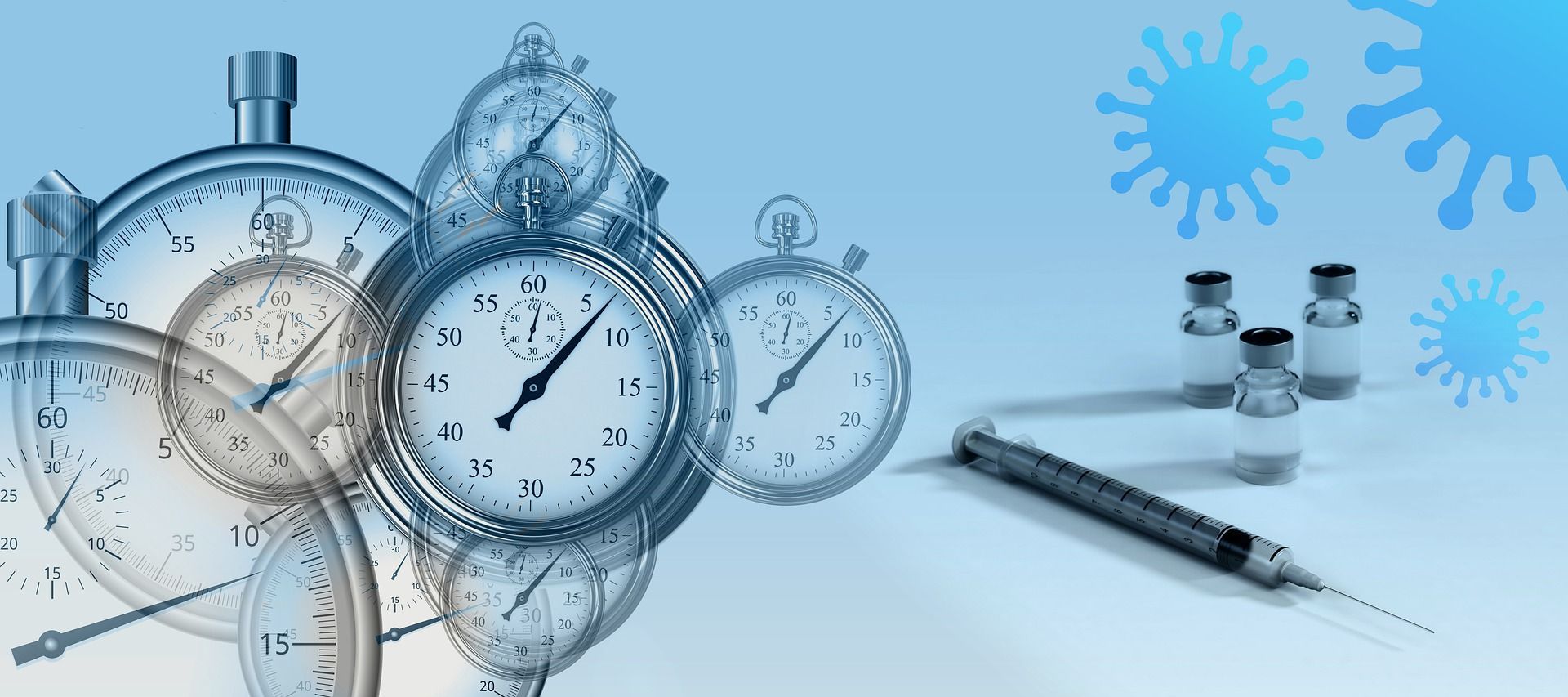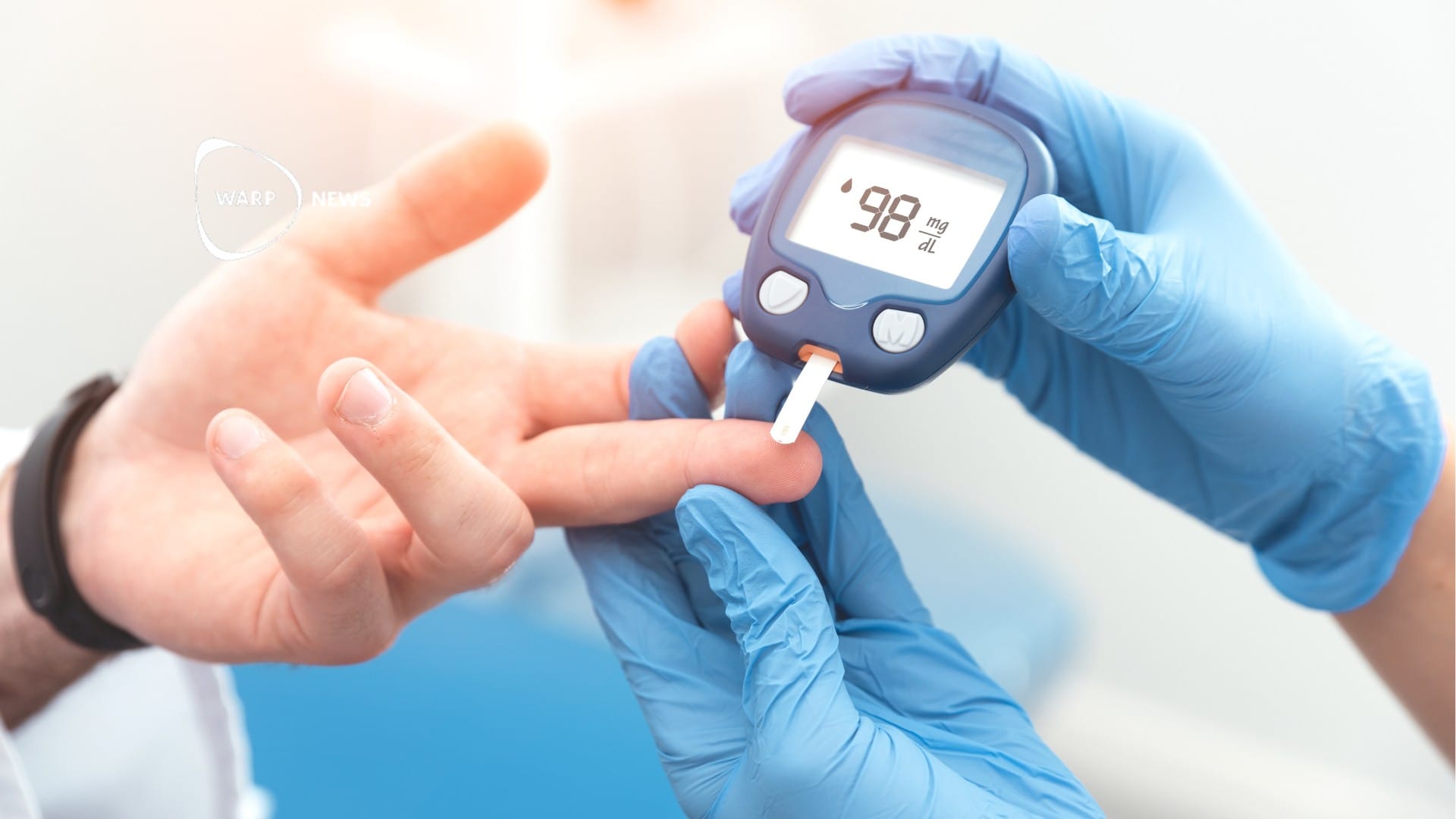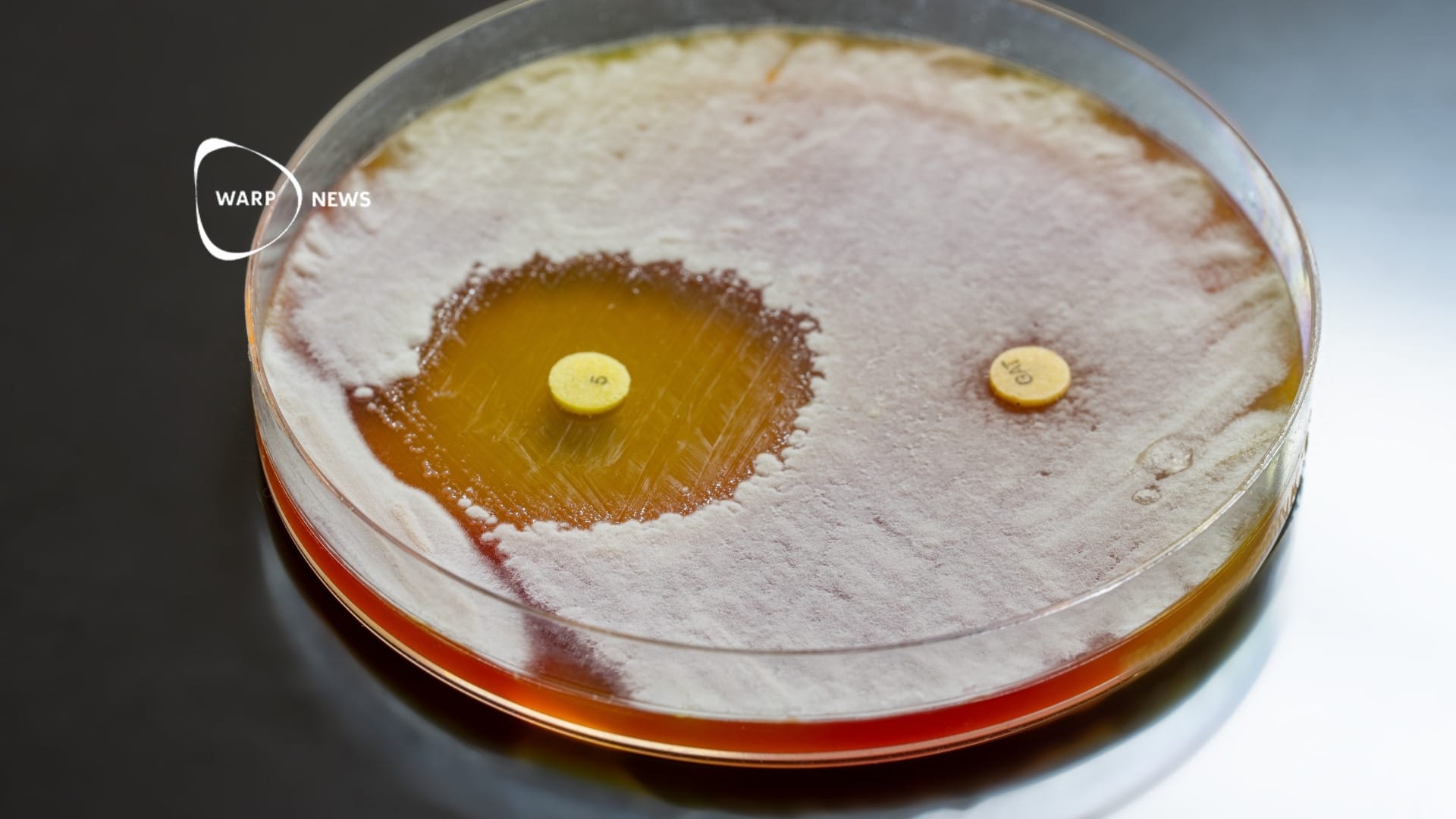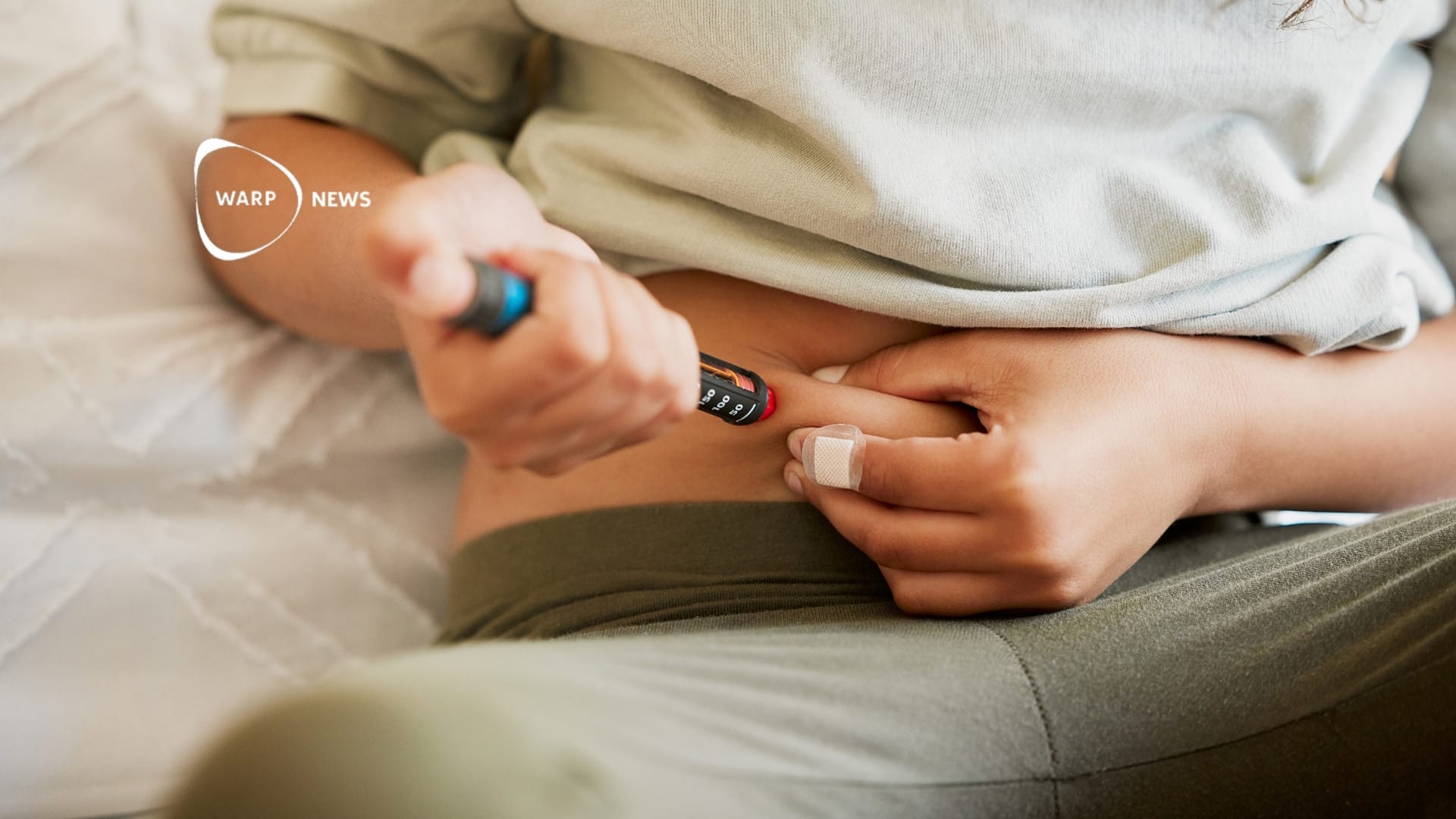
💉 The EU is investing heavily in faster vaccine development
A research project aims to reduce the development time for vaccines from a decade to roughly a year.
Share this story!
On average, it takes ten years and costs 800 million euros to develop a vaccine. But the covid vaccines show that the process can be much faster, and the EU now wants to expand on this to develop vaccines against all sorts of diseases quickly.
"Against covid-19, effective RNA vaccines could be developed at a record pace, based on many years of basic research and advances in vaccine platform techniques such as adenovirus vector and mRNA. But there are many diseases that are suitable for RNA-based vaccines. We need methods to speed up and streamline the development of other new vaccines, both to reduce costs and to shorten development time", says Ali Harandi, vaccine researcher at the University of Gothenburg and one of the researchers who will work on the project, in a press release.
By using, among others, AI, researchers from around 40 universities across Europe will develop models that will make it possible to screen the best candidates before the clinical trials phase.
"Potential vaccines are presently tested first in cell cultures, then in animal models and then in several steps in clinical trials on humans. Unfortunately, it is very common for vaccine candidates that earn good results in animal studies to have inferior performance on humans. The goal is to develop models and methods that can be used at an early stage to select the best candidate, to save both time and money", says Ali Harandi.
The hope is that this will mean that researchers in the future won't have to waste time testing vaccines that work well in animal experiments but then don't work on humans. It would save a lot of money and could give us vaccines that are tested and ready for use within a year instead of a decade.
The project is called Inno4vac, and the EU is investing €33 million. The project will develop biological and mathematical models to predict how well a vaccine will work on humans. To get there, the researchers will, among other things, use AI that will simulate how the vaccine works in the human body and thus be able to exclude those which aren't likely to achieve the desired effect.
Image: Pixabay / Gerd Altmann
By becoming a premium supporter, you help in the creation and sharing of fact-based optimistic news all over the world.


